In your FindReplaceForm.button1_Click function you want to control an object of class Form1. The error in your code explains that you don't call a function of an object of class Form1, but a function of class Form1 itself. The latter can only be done on static functions
You describe that you have an existing Form1 object and that your FindReplaceForm needs to change Form1 by calling functions in Form1. Probably there might be more than 1 Form1 object. Therefor your FindReplaceForm instance somehow needs to know which Form1 object it needs to control. Someone needs to tell this to your FindReplaceForm. This is usually done using the constructor of the FindReplaceForm or using a property.
public class FindReplaceForm
{
private Form1 formToControl = null;
public FindReplaceForm(Form1 formToControl)
{
this.formToControl = formToControl;
}
private void OnButton1_Click(...)
{
this.formToControl.TextBox_Value_Text.SelectedText = ...
}
Another method would be not to put the formToControl in the constructor, but as a property that you can set separately. Both methods have their advantages:
- via constructor: your FindReplaceForm knows for sure there is alway a formToControl. The only place you have to check if formToControl really exists is in the constructor.
- Using a default constructor with a separate FormToControl property may cause run time errors if people forget to set the FormToControl.
- If you have a lot of properties, or some properties may have default values, or may be changed later, then the property method is more flexible.
